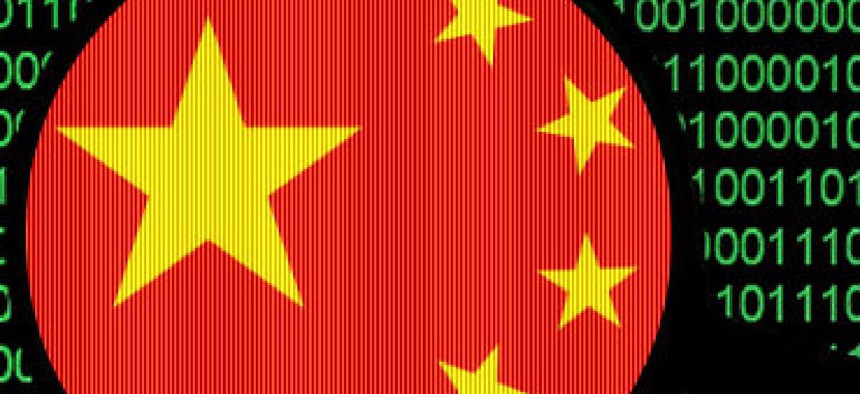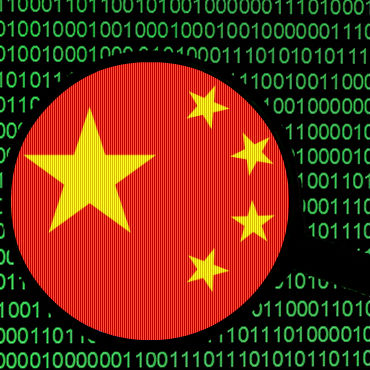Trump targets China for IP policies

A new presidential memorandum tasks the U.S. Trade Representative with addressing China’s policy of compelling foreign companies to divulge trade secrets in exchange for access to the Chinese markets.

Optional caption goes here. Optional caption goes here. Optional caption goes here. Optional caption goes here.
President Donald Trump signed an executive memorandum on Aug. 14 calling on the U.S. Trade Representative to examine China's policies around intellectual property issues and specifically China's policy of compelling foreign companies to divulge company trade secrets in exchange for access to the Chinese markets.
"Theft of intellectual property by foreign countries costs our nation millions of jobs and billions of dollars each and every year," said Trump. "For too long this wealth has been drained from this country while Washington does nothing. Washington will turn a blind eye no longer."
While signing the document, Trump indicated that more actions towards China may be on the horizon. Supply-chain risks involving Chinese manufacturers, for example, have long been a concern for federal agencies.
"This is just the beginning," he said to reporters.
In advance of the memorandum's signing, U.S. Secretary of Commerce Wilbur Ross took to the pages of the Financial Times to accuse China of a multi-pronged effort to purchase, acquire or steal U.S. intellectual property. One of the policies Ross criticized was China's practice of requiring foreign companies to partner with domestic firms and, in some cases, share their intellectual property as the price of gaining access to the Chinese market.
"[R]ather than building a globally competitive free market economy in order to compete, China has chosen instead to compel American companies that want to operate in China to turn over proprietary technology and intellectual property," wrote Ross.
The Commission on Theft of American Intellectual Property, a nonprofit co-chaired by former U.S. Director of National Intelligence Dennis Blair and former Utah governor and ambassador to China Jon Huntsman Jr., began issuing annual reports on intellectual property theft in 2013. The group made waves earlier this year, estimating that U.S. economic losses due to theft of trade secrets range from $225 billion to $600 billion. It also identified China as "the world's principle IP offender," and said the nation still regularly conducts "rampant" theft of intellectual property by physical and cyber means.
The authors found that "policy mechanisms have been greatly enhanced" since 2013 to curb such theft, but that these tools have gone "largely unused." One example given is Section 1637 of the 2015 National Defense Authorization Act, which gives the president authority to sanction people, companies or countries that are engaged in economic espionage. However, annual reports issued by the Obama administration gave no indication that these powers have ever been used.
In June, a federal contractor was indicted for allegedly selling classified documents to Chinese agents. That case is still pending.
Now an economic powerhouse, China has worked to hold onto its gains in recent years, bolstering domestic and international legal protections around intellectual property. In 2015 the U.S. and China came to an agreement promising not to conduct or encourage economic espionage, though signs of immediate change were difficult to identify. One 2016 report, however, did suggest that China-based hacks targeting the U.S. declined significantly.


